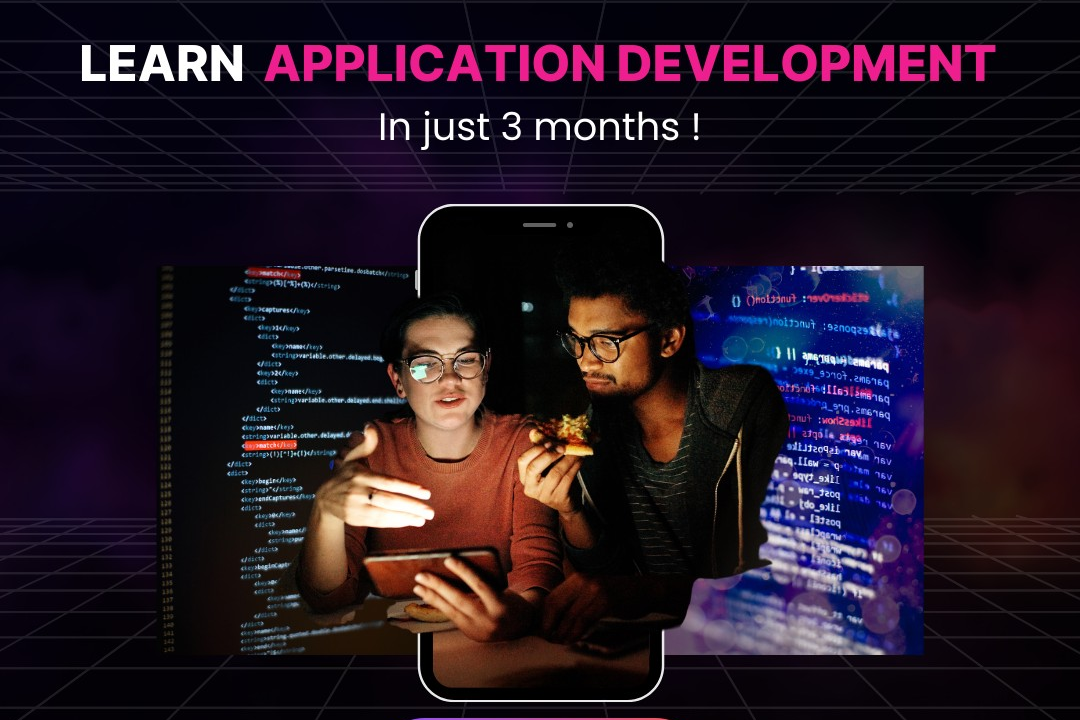Android Programming Skills Development
Enhancing Your Android Development Skills
Android Programming Skills Development
Developing Android programming skills involves a combination of mastering foundational programming concepts, particularly in Java or Kotlin, the two primary languages used for Android development. Aspiring developers should familiarize themselves with Android Studio, the official integrated development environment (IDE), and understand the fundamentals of the Android SDK, including layouts, activities, and services. Gaining proficiency in version control systems like Git is essential for collaborating on projects. Additionally, developers should explore best practices in UI/UX design, mobile app architecture (such as MVVM), and integrating APIs and databases. Engaging in hands-on projects, participating in coding challenges, and contributing to open-source projects can greatly enhance practical skills and experience. Continuous learning through online courses, forums, and developer communities is also vital to stay updated with the rapidly evolving Android ecosystem.
To Download Our Brochure: https://www.justacademy.co/download-brochure-for-free
Message us for more information: +91 9987184296
1 - Java/Kotlin Proficiency: Understanding core programming languages used in Android development is crucial. Java has been the traditional language, while Kotlin is now the preferred choice, known for its conciseness and modern features.
2) Android Studio Familiarity: Knowledge of Android Studio, the official Integrated Development Environment (IDE) for Android development, is essential. Students should learn to navigate its tools, such as the layout editor and code editor.
3) XML Layout Design: Learning to design user interfaces using XML is fundamental. Students should become adept at creating layouts with various views, such as TextViews, ImageViews, and Buttons.
4) Activity Lifecycle Management: Understanding the Android activity lifecycle is critical. Students need to learn how to manage transient states and handle user interactions properly throughout the app's lifecycle.
5) Intents and Broadcast Receivers: Familiarity with intents for starting activities and services, along with broadcast receivers for handling system wide events, is essential for inter component communication.
6) User Interface (UI) Design Principles: Students should grasp the principles of Material Design and aesthetic user interface design to create visually appealing and user friendly apps.
7) Data Storage Solutions: Covering various data storage mechanisms such as SharedPreferences, SQLite databases, and Room persistence library for managing local data adds depth to their skill set.
8) Networking and APIs: Understanding how to perform network operations using libraries like Retrofit or Volley, and how to consume RESTful APIs, is key for building apps that connect to the internet.
9) Asynchronous Programming: Learning how to handle background tasks using AsyncTask, services, or Kotlin coroutines will help students manage operations that require time, such as downloading data.
10) Debugging Skills: Developing strong debugging and troubleshooting skills is necessary for identifying and fixing issues in code effectively, enhancing overall productivity.
11) Version Control Systems: Familiarity with Git or other version control systems is vital for tracking changes, collaborating on projects, and maintaining code integrity over time.
12) Dependency Injection: Introducing concepts such as Dependency Injection (DI) using frameworks like Dagger or Hilt can help streamline code management and dependency handling.
13) Testing Fundamentals: Teaching unit testing and UI testing with tools like JUnit and Espresso will ensure students understand how to validate their code and provide robust applications.
14) Publishing to Google Play Store: Students should learn the process of preparing and publishing their applications to the Google Play Store, including compliance with policies and packaging.
15) Staying Updated with Trends: Encouraging students to follow Android development trends, best practices, and participating in community forums or attending webinars will keep them informed on the evolving landscape of mobile development.
These points provide a structured approach to developing Android programming skills and will empower students with the necessary knowledge to succeed in this field.
Browse our course links : https://www.justacademy.co/all-courses
To Join our FREE DEMO Session: Click Here
Contact Us for more info:
REACT JS INDIA
What is SCAFFOLD in Flutter
certified salesforce developer
Angular course in Pune
best data analytics course with placement











